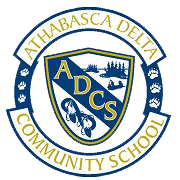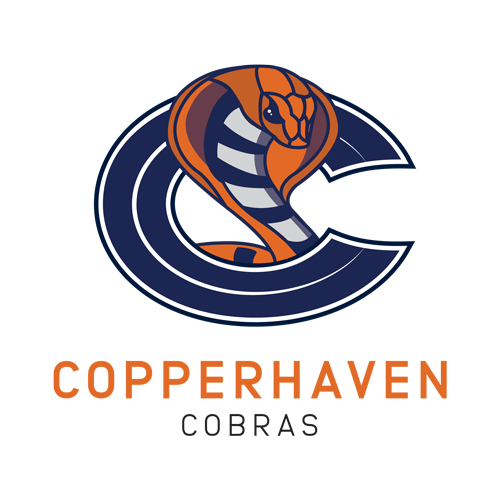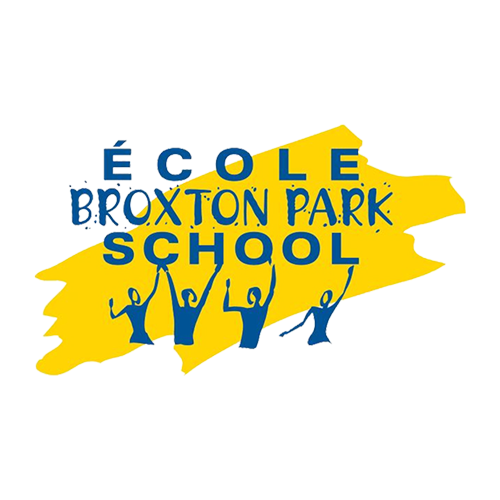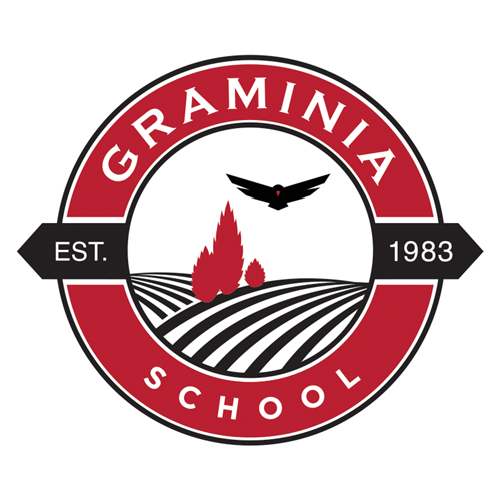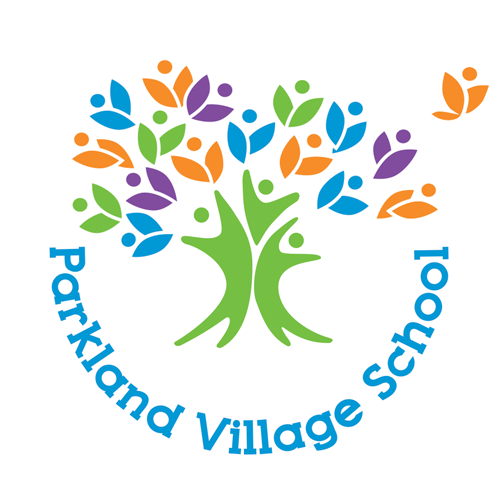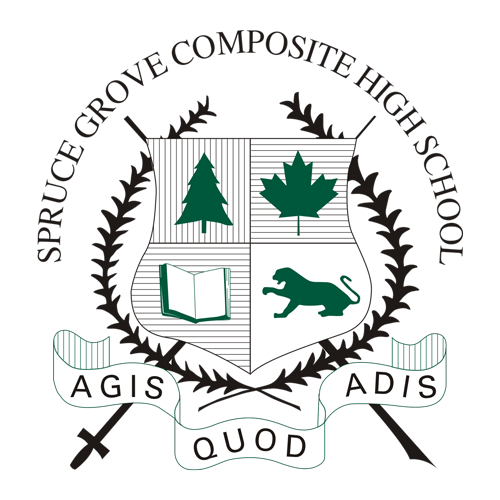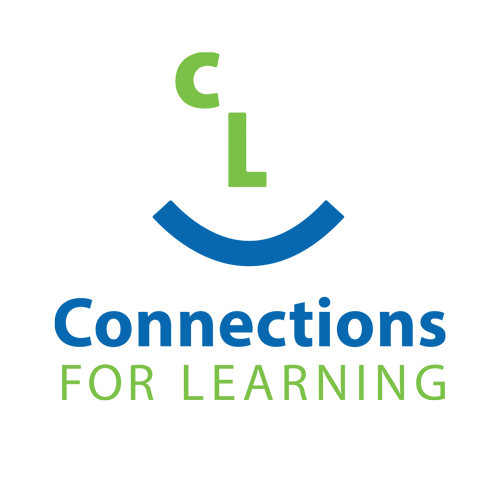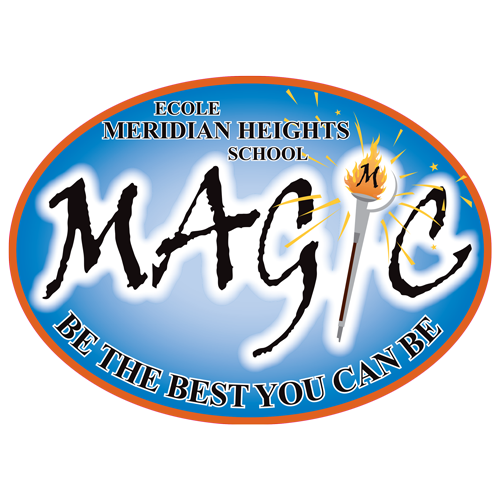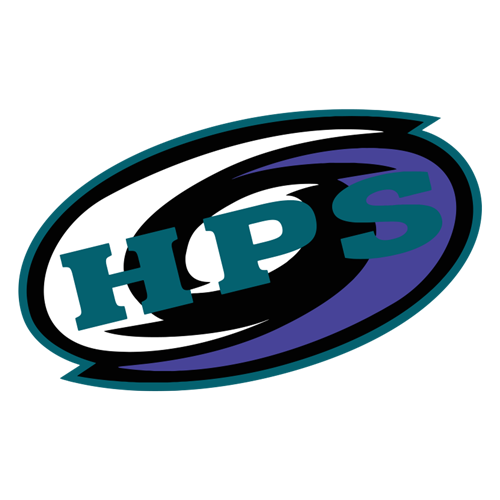AP 560: Copyright
Business & Finance
Background
The Fair Dealing provision in the Copyright Act permits use of a copyright-protected work without permission from the copyright owner or the payment of copyright royalties.
This Administrative Procedure utilizes the Fair Dealing Guidelines to provide for fair dealing with intellectual property in K–12 schools. The intent is to provide reasonable safeguards for the owners of copyright-protected works in accordance with the Copyright Act and subsequent Supreme Court decisions.
Definitions
a) Copyright: Copyright is the legal protection of literary, dramatic, artistic, and musical works, sound recordings, performances, and communications signals. Copyright provides creators with the legal right to be paid for — and to control the use of — their creations. In Canada, copyright is protected through the federal government's Copyright Act.
b) Creative Commons: A Creative Commons (CC) license is one of several public copyright licenses that enable the free distribution of an otherwise copyrighted work. A CC license is used when an author wants to give people the right to share, use, and build upon a work that they have created.
c) Fair Dealing Guidelines: apply to fair dealing in non-profit K–12 schools and postsecondary educational institutions and provide reasonable safeguards for the owners of copyright- protected works in accordance with the Copyright Act and subsequent Supreme Court decisions.
Procedures
With respect to “Fair Dealing”:
1. To qualify for copy use under the Fair Dealing Guidelines, two tests must be passed:
1.1. The First Test: the “dealing,” or how the material will be used, is that it must be for a purpose stated in the Copyright Act: research, private study, criticism, review, news reporting, education, satire, and parody.
1.1.1. Educational use of a copyright-protected work passes the first test. 1.2. The Second Test: is that the dealing must be “fair.”
1.2.1. Fair Dealing shall proceed with deference to current and future Supreme Court of Canada decisions on those areas noted as “fair” for copyright in schools, and subsequently identified in this Administrative Procedure.
With respect to Fair Dealing Guidelines:
2. Teachers and staff members may communicate and reproduce, in paper or electronic form, short excerpts from a copyright-protected work for the purposes of research, private study, criticism, review, news reporting, education, satire, and parody, providing:
2.1. Copying or communicating short excerpts from a copyright-protected work under these Fair Dealing Guidelines for the purpose of news reporting, criticism, or review are to mention the source and, if given in the source, the name of the author or creator of the work.
3. A single copy of a short excerpt from a copyright-protected work may be provided or communicated to each student enrolled in a class or course:
3.1. As a class handout;
3.2. As a posting to a learning- or course-management system that is password protected or otherwise restricted to students;
3.3. As part of a course pack.
3.4. As a short excerpt, including:
3.4.1. Up to ten percent (10%) of a copyright-protected work (including a literary work, musical score, sound recording, and an audiovisual work);
3.4.2. One (1) chapter from a book;
3.4.3. A single article from a periodical;
3.4.4. An entire artistic work (including a painting, print, photograph, diagram, drawing, map, chart, and plan) from a copyright-protected work containing other artistic works;
3.4.5. An entire newspaper article or page;
3.4.6. An entire single poem or musical score from a copyright-protected work containing other poems or musical scores;
3.4.7. An entire entry from an encyclopedia, annotated bibliography, dictionary, or similar reference work.
4. Copying or communicating multiple short excerpts from the same copyright-protected work with the intention of copying or communicating substantially the entire work is prohibited.
5. Copying or communicating that exceeds the limits in these Fair Dealing Guidelines shall be referred to a supervisor or other person designated by the Superintendent for evaluation.
5.1. An evaluation of whether the proposed copying or communication is permitted under fair dealing shall be made based on all relevant circumstances.
6. The Principal shall ensure that staff are familiar with the Fair Dealing Guidelines through the visible display of such guidelines near any multi-function or photocopying device.
7. Use of copyrighted materials that do not fall under the Fair Dealing Guidelines is not permitted without the approval of the Superintendent or designate.
7.1. Where school staff or students wish to use copyrighted materials they must:
7.1.1. Obtain permission to copy from the copyright holder, and
7.1.2. Where requested, a royalty must be paid to the copyright holder.
8. All staff and students that are expected to use copyrighted materials must be aware of the procedures and the Fair Dealing Guidelines.
9. Students shall be encouraged to consider using, and sourcing material that is freely available through a Creative Commons license.
With respect to employee work
10. The Division owns copyright of all works produced by employees as a part of their employment.
11. The Division may enter into an agreement with a private publisher to publish Division material for sale and distribution.
With respect to student work
12. Students own the copyright to everything they create. Parent/guardian permission to reproduce student work will be obtained if the student is under 16 years of age. Students 16 years of age and over may provide permission for their own work to be reproduced.
13. Permission is not required to display student work within the school.
14. Permission is not required to display student work outside the school at such sites as Teachers’ Conventions, conferences, public libraries or Division office, provided the student’s name is not visible on the work. If the student’s name is visible, FOIP considerations apply.

